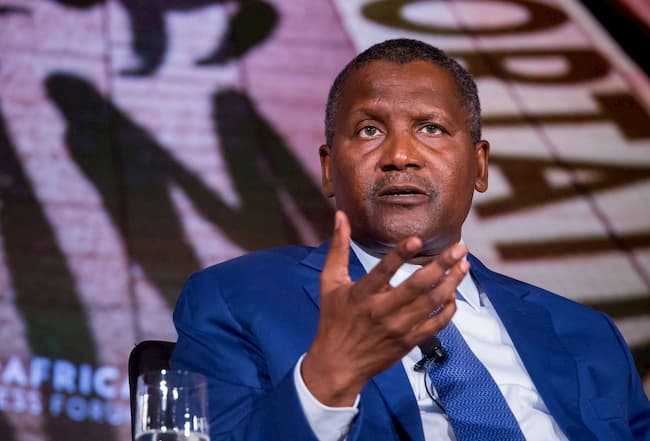Oil prices rose for a fourth day on Tuesday on optimism the U.S. Federal Reserve will this week cut interest rates for the first time in more than 10 years, boosting demand expectations in the world’s biggest oil user.
Brent crude rose 35 cents to $64.06 a barrel by 1349 GMT. It is set for a monthly fall of around 3.7%, however, due to lingering worries about oil demand.
U.S. crude was up 25 cents at $57.12 a barrel, but set for a monthly decrease of around 1.8%.
“Regarding the Fed, the market has priced in a 25 basis point cut for Wednesday,” Harry Tchilinguirian, global oil strategist at BNP Paribas in London, told the Reuters Global Oil Forum.
“If the language we get from the Fed in post-meeting comments is on the conservative, rather than accommodative side, the U.S. dollar is likely to continue to remain strong and continue to present a headwind for an advance in oil.”
While the Bank of Japan held off on expanding stimulus on Tuesday, it signalled its readiness to do so “without hesitation” if a global slowdown jeopardises the country’s economic recovery.
U.S. central bankers will begin their two-day meeting later on Tuesday and are expected to lower borrowing costs for the first time since the depths of the financial crisis more than a decade ago.
U.S. President Donald Trump said a small rate cut “is not enough”.
Economic growth in the United States slowed less than expected in the second quarter, strengthening the outlook for oil consumption but, elsewhere, disappointing economic data has increased concerns about slower growth.
U.S. and Chinese negotiators also meet this week for their first in-person talks since agreeing to a truce to their trade dispute at a Group of 20 meeting last month.
However, expectations for progress during the two-day Shanghai meeting are low, so officials and businesses hope Washington and Beijing can at least detail commitments for “goodwill” gestures and clear the path for future negotiations.
Supply risks are still a concern as tensions remained high around the Strait of Hormuz, through which about a fifth of the world’s oil passes.
BP has not taken any of its own oil tankers through the strait since a July 10 attempt by Iran to seize one of its vessels, its Chief Financial Officer said.
Meanwhile, the United States has formally asked Germany to join France and Britain in a mission to secure the Strait of Hormuz and to combat Iranian aggression, the U.S. Embassy in Berlin said.













